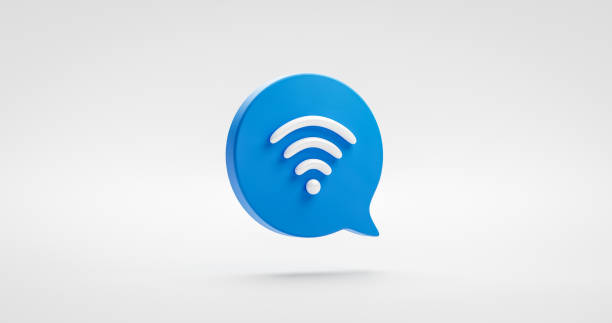Introduction:
Public Wi-Fi is a convenient way to stay connected when you’re on the go, but is it safe? With the increasing number of people relying on public Wi-Fi to access the internet, it’s important to understand the risks involved and what you can do to protect your online information. In this article, we’ll take a closer look at the pros and cons of public Wi-Fi, and what you can do to stay safe while using it.
Pros of Public Wi-Fi
Convenience
One of the biggest advantages of public Wi-Fi is its convenience. You can easily connect to a network and start using the internet without having to enter any login credentials. This is especially useful when you’re out of the house, whether you’re at a coffee shop, airport, or library.
Cost Savings
Another advantage of public Wi-Fi is cost savings. When you connect to a public Wi-Fi network, you don’t have to use your mobile data, which can be especially useful if you have a limited data plan.
Cons of Public Wi-Fi
Security Concerns
One of the biggest concerns with public Wi-Fi is security. Public networks are often unencrypted, which means that your online information can be intercepted and viewed by others. This includes sensitive information like your login credentials, online banking information, and other personal data.
Man-in-the-Middle Attacks
Man-in-the-Middle (MitM) attacks are a common type of security threat that can occur when using public Wi-Fi. These attacks occur when a malicious attacker intercepts your internet traffic and steals your information. This can include login credentials, sensitive information, and other personal data.
Rogue Wi-Fi Networks
Another security concern with public Wi-Fi is rogue networks. These are fake Wi-Fi networks that are set up by malicious actors to steal information from unsuspecting users. When you connect to a rogue network, your device may become infected with malware, or your online information may be intercepted and viewed by others.
Privacy Concerns
In addition to security concerns, public Wi-Fi can also raise privacy concerns. Public networks are often crowded and can be monitored by others, which means that your online activity can be tracked and viewed by others.
Limited Bandwidth
Another disadvantage of public Wi-Fi is limited bandwidth. Public networks are often used by many people at the same time, which can result in slow speeds and limited availability. This can make it difficult to use the internet effectively, especially if you need to access large files or stream video.
Conclusion:
Public Wi-Fi is a convenient and cost-effective way to stay connected, but it also comes with its own set of risks. By understanding the pros and cons of public Wi-Fi, you can make an informed decision about whether or not to use it. To stay safe while using public Wi-Fi, it’s important to take steps to protect your online information. This can include using a virtual private network (VPN) to encrypt your internet traffic, avoiding sensitive online activities like online banking, and being mindful of the network you’re connecting to.
Public Wi-Fi can be a useful tool for staying connected, but it’s important to be aware of the risks involved. By taking steps to protect your online information and being mindful of the network you’re connecting to, you can stay safe while using public Wi-Fi. With the increasing reliance on the internet, it’s crucial to understand the security and privacy implications of using public Wi-Fi networks. Whether you’re at a coffee shop, airport, or library, it’s important to be cautious when using public Wi-Fi to access the internet. By being mindful of these risks and taking steps to protect your online information, you can enjoy the convenience of public Wi-Fi without having to worry about the potential dangers.
